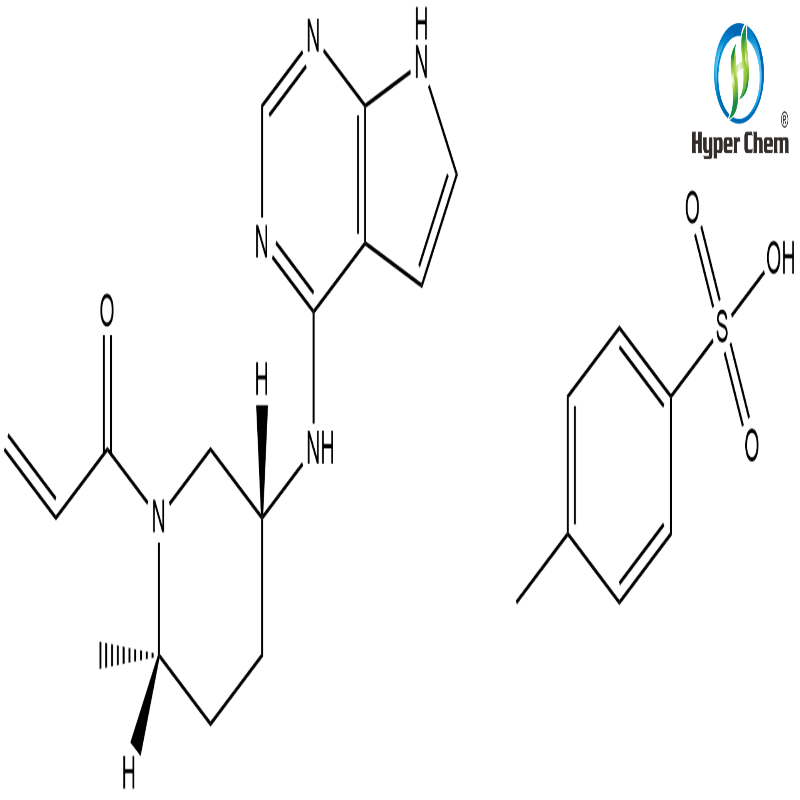-
Categories
-
Pharmaceutical Intermediates
-
Active Pharmaceutical Ingredients
-
Food Additives
- Industrial Coatings
- Agrochemicals
- Dyes and Pigments
- Surfactant
- Flavors and Fragrances
- Chemical Reagents
- Catalyst and Auxiliary
- Natural Products
- Inorganic Chemistry
-
Organic Chemistry
-
Biochemical Engineering
- Analytical Chemistry
-
Cosmetic Ingredient
- Water Treatment Chemical
-
Pharmaceutical Intermediates
Promotion
ECHEMI Mall
Wholesale
Weekly Price
Exhibition
News
-
Trade Service
14, 2020 // -- In a recent study published in the international journal Nature Genetics, scientists from the University of British Columbia and others analyzed women with cervical cancer in Uganda and found that there may be significant genomic differences between tumors caused by different human papillomavirus (HPV), suggesting that the type of HPV may affect the disease characteristics and treatment prognosis of cervical cancer patients.
Photo Source: Unsplash/CC0 Public Domain For the first time, researchers conducted the first comprehensive analysis of the molecular characteristics of cervical cancer in African populations, comparing samples of cervical cancer infected with different evolutionary-related HPV strains (HPV branches) and finding previously unknown differences and revealing how HPV branches affect human genome characteristics, HPV-16 and HPV-1 8 belongs to the virus A9 and A7 differentiation branches, these two HPV virus subtypes are the most common cause of cervical cancer, at least 70% of cancer cases are related to these two HPV subtypes, although HPV-16 and HPV-18 are considered to have a higher risk of cancer, but HPV-18 is often associated with more clinically invasive cancer.
researcher Marco Marra said: 'We are very pleased to be able to use genomic technology to analyze very valuable samples from cervical cancer patients in Uganda, HPV infection is the main cause of death in cervical cancer patients, in British Columbia, the incidence of cervical cancer in the population will be due to H PV vaccinations and routine screening have declined, but cervical cancer remains the fourth most common type of cancer in the world and the most common cause of cancer-related deaths among women in sub-Saharan Africa, with researchers predicting that the death rate among cervical cancer patients will rise to 50 percent by 2040.
Finally, researchers say it's important to study cervical cancer in African populations, and they'll link the findings to other HPV-related cancers, such as head and neck cancer, which are becoming more common in Western populations.
will continue to study further the molecular mechanisms that reveal the effects of HPV strains on the treatment and prognostication of patients with cervical cancer.
() Originals: Gagliardi, A., Porter, V.L., Zong, Z. et al. Analysis of Ugandan cervical carcinomas identifies human papillomavirus clade-specific epigenome and transcriptome landscapes. Nat Genet 52, 800-810 (2020). doi:10.1038/s41588-020-0673-7.







